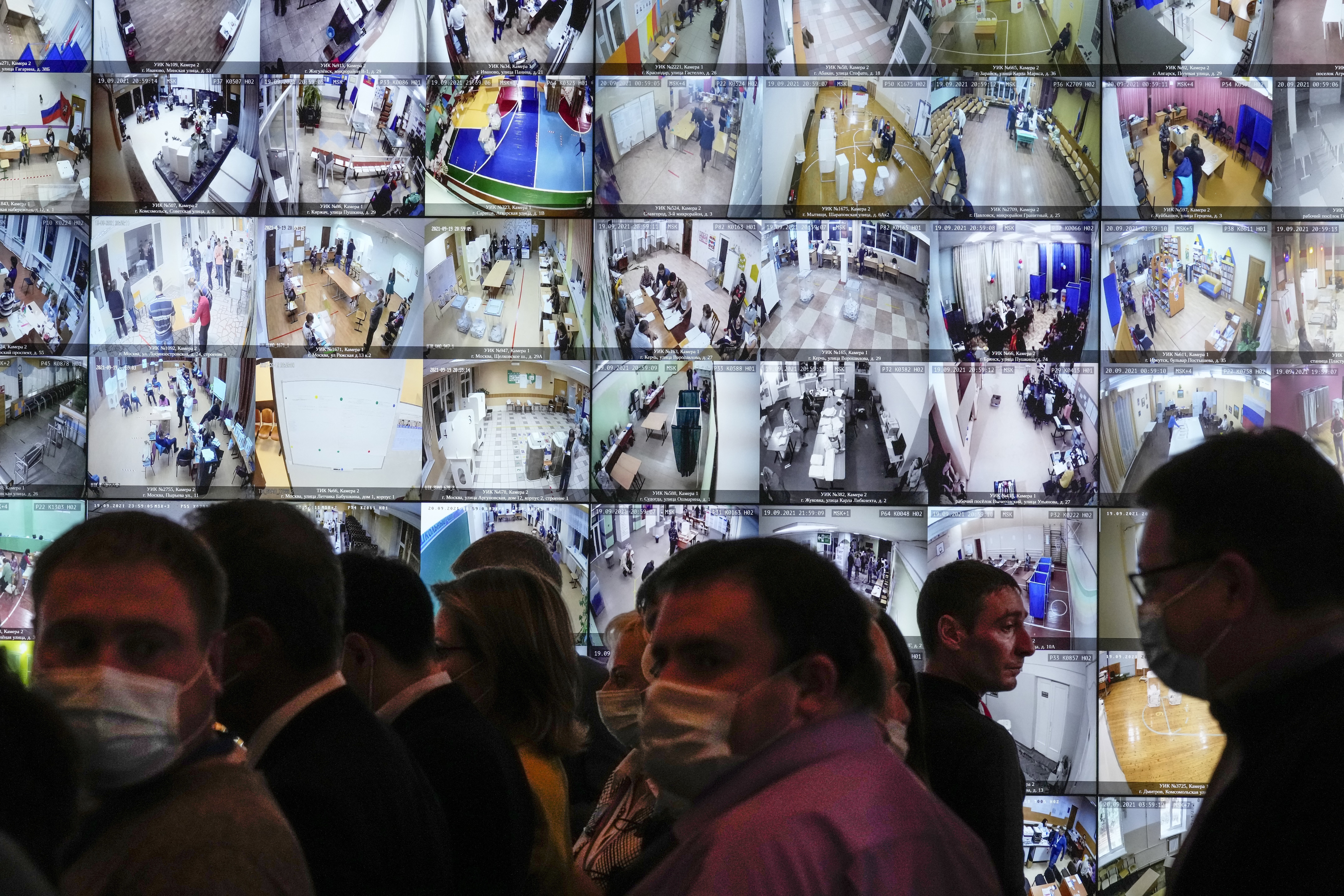
Results and Implications of Russia’s 2021 Parliamentary Elections
The Russian Federation held elections at various political levels between 17–19 September 2021. These included elections to the 8th convocation of the State Duma, but also election of governors in 12 Russian regions, elections for 39 regional parliaments, and the election of deputies to 11 municipal councils in regional capitals.
Download the text as a PDF here
The main goal of the elections was to secure a stable and predictable parliament, i.e., the State Duma. Barring unforeseen events, Vladimir Putin will decide in 2024 on whether to remain in power as president of Russia for a fifth term. Whatever happens, the parliament constituted in 2021 will be instrumental in securing continuity and control for the Kremlin when that decision is announced. This year’s election should thus not be discarded as a simple ‘charade’, as it will help condition the future political direction of Russia.
The main election strategy of the authorities was to calibrate three means – voter turnout, voter fraud, and repression – to achieve the desired goal of securing a parliamentary majority for United Russia, the party of power.
Turnout at parliamentary elections was 60.2 percent in 2011, and 47.9 percent in 2016. Support for United Russia has also been falling, following a decade of declining real incomes and the 2018 increase of the retirement age. Using the ongoing Covid-19 pandemic as a pretext, the Central Election Commission extended voting in 2021 for three days. As a result, more people were given an opportunity to vote. Arguably, three days of voting also offered more opportunities for the falsification of votes.
In this year’s election, according to official numbers (with 98 percent of the votes counted), turnout was 51.68 percent. United Russia received 49.79 percent of the votes, followed by 19.04 for the Communist Party, 7.48 percent for the Liberal Democrats (LDPR), and 7.41 for A Just Russia. A fifth party established on 1 March 2020, the ostensibly pro-business and liberal New People, received 5.36 percent and thus entered the Duma as well. As in the 7th convocation of the State Duma, United Russia will hold a ‘supermajority’ of the seats in parliament and will thus be able to introduce constitutional amendments single-handedly.
To understand Russian election results it is important to take heed of several interlocking factors, such as disenfranchisement, control over information and media, government-directed voter coercion, and control over election observation and monitoring. Actual electoral fraud on voting day is only a subset of several different factors that combine to generate the results desired by Russian authorities.
According to statistical anomalies detected by the prominent Russian physicist Sergei Shpilkin, in the 2016 State Duma elections, the natural bell curve of voter turnout compared to votes cast in the election suggested that the true turnout was just 37 percent (in contrast to official tally of 48 percent), and that the probable share of votes cast for United Russia was 40 percent (in contrast to official tally of 54 percent). Without widespread falsification of votes, United Russia would have been unable to secure a parliamentary majority, and low voter turnout would have eroded the legitimacy of the elections. This year, the Central Election Commission deliberately scrambled its published data files on votes, complicating a statistical scrutiny of official results.
Repression has exceeded all previous elections in Russian history. In August 2020, opposition leader Alexei Navalny was poisoned with the chemical weapon Novichok. After returning to Russia from a hospital stay in Germany, he was arrested in January 2021 and jailed on charges of economic crime. All organizations linked to his name have been designated extremist. As a result, several Navalny-linked members of the opposition, such as Lev Shlosberg (Pskov) and Ilya Yashin (Moscow), were barred from the elections.
Pre-election levels of political repression have set a new bar for Putin’s authoritarian system. Coercive measures against the non-systemic opposition, which will be further fragmented, will not abate. In this regard, restrictions imposed on mobility and public gatherings following the Covid-19 pandemic provided a certain valuable experience for the authorities. Similarly, co-optation of important social media platforms such as Apple, Google (including YouTube), and Telegram – which agreed to remove the “smart voting” app developed by the opposition – have illustrated how censorship can be expanded without too much pushback from Western and Russian tech companies.
A novelty in this year’s election was the introduction of ‘new’ Russian citizens living in the occupied territories of eastern Ukraine, the so-called Peoples’ Republics of Luhansk and Donetsk (DNR and LNR, respectively). Citizens from DNR and LNR had been allowed to vote in the 2020 constitutional referendum, although their addition is unlikely to have altered the election results significantly. Notably, the former head of the DNR, Alexander Borodai, stood on the 2021 United Russia ticket in the Rostov region, where citizens of DNR and LNR could vote. A long-term consequence of the issuance of Russian citizenship to inhabitants in DNR and LNR is the further erosion of chances to re-integrate the areas with Ukraine, making the statelets quasi-similar in status to occupied Crimea, while the actions also contradict Russian claims of non-involvement in the conflict.
Because of limitations imposed by Russian authorities, the OSCE’s Office for Democratic Institutions and Human Rights (ODIHR) were unable to send observers for the 2021 elections. In a formal sense, this suggests that the Kremlin is less concerned about not appearing democratic. The muted reaction from Western governments suggests that Russia will not be held accountable to OSCE standards, further eroding the regulative idea of a European rules-based security order.
Martin Kragh, Deputy Director of the Stockholm Center for Eastern European Studies (SCEEUS)